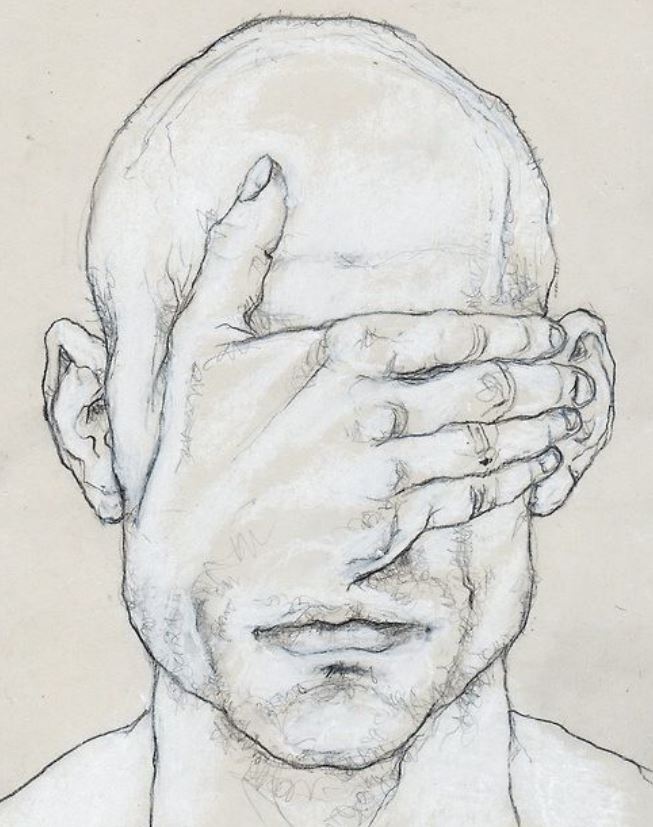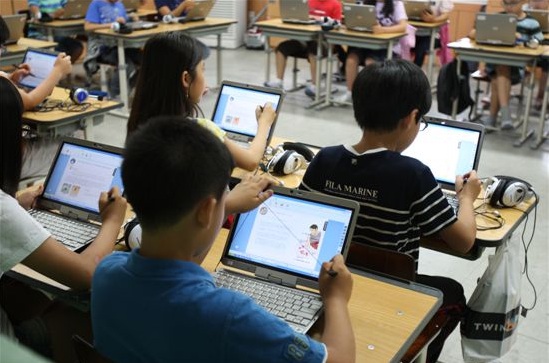
All nations and peoples in the world, without exception, pass through phases of cultural regression caused by specific historical factors and conditions. In some societies these phases may continue for a number of centuries, whilst other societies are able to shake off their stumbling and keep up with the train of progress within shorter periods of time.
ONE OF THE MOST important factors aiding societies and states to transform themselves from a state of cultural backwardness and keep up with the contemporary age, is its understanding of the conditions necessary for a resurgence, foremost among which factors are openness and communication with the world, the transferral of science, of knowledge and its tools, and the development of systems of governance that permit people to participate actively in the transferral process.
Some societies and states may be recalcitrant to the transferral process, not because of the lack of material wealth or human resources but rather because of a closing in on oneself and an attempt to seek the determinants of the future in the dossiers of the past, and an insistence upon cleaving to, and focusing on, issues of form to the detriment of the requirements essential to the transition process.
What has prompted me to pen this article here is a declaration issued by the ‘International Islamic Fiqh Academy’ of the Organization of Islamic Cooperation concerning the organizing of a global seminar to answer some legal questions, including some related to eating the meat of marine mammals, and cooking with wine. The Academy stated that it would
respond to the ruling on eating the flesh of whales, sharks, frogs, crocodiles, turtles, and animals that fall within the category of amphibians and their derivatives such as their eggs and skins and so on. It will also explain the correct way to purify animals, and explain the ruling concerning the stunning of poultry prior to their slaughter, and the ruling on whether a woman may perform the purifying role.
The Institute also said that the seminar would
examine the ruling on the use of the alcoholic substance ethyl for the cleaning and treatment and primary industrial preparations for foodstuffs, and therefore the natural presence of ethyl in foods, and the use of wine in cooking, and the use of vinegar made from wine, the difference between wine and alcohol, and the ruling concerning the addition of the latter in cosmetics and oral hygiene.
The seminar will also publish the legal ruling on
cheese made with rennet ‘enzymes taken from animal stomachs’ in addition to the ruling on the use of materials derived from the human or animal bodies and their secretions in the production of food and cosmetics, hairbrushes and toothbrushes and brushes used in the preparation of food, and any gemstones or precious metal additives to food, such as gold and silver.
I was very struck while reading this announcement, not so much by the concern on ‘legal rulings’ in these types of foods, so much as by the extent of the concern which such topics occupy in the intellectual priorities of the Islamic world, in comparison to other states and societies over the globe.
An attempt to seek the determinants of the future in the dossiers of the past
No one can deny the importance of ‘legal rulings’ in such cases, but the logical question that arises in this context is: are issues such as these, being relatively marginal, representative of the concerns, problems and aspirations of the Islamic peoples so that a major organisation such as Organization of Islamic Cooperation should direct its resources to convene an international seminar on this theme?
Where are these Muslim folk that eat food seasoned with ‘gemstones and precious metals like gold and silver’? Indeed, where are these people that ‘eat whale meat and use wine in cooking’? Does knowing ‘the correct way to purify animals’, or ‘the ruling concerning the stunning of poultry prior to their slaughter’ or ‘the ruling as to whether a woman may perform this task’ really constitute the priorities of the Muslims?
Such issues may be handled in a local framework as and when required. But they should not be at the forefront of the concerns of a nation whose population tops one and a half billion, and which, in terms of cultural progress and economic and technical development, lies at the bottom of the heap.
The greatest, fundamental task of for governments and Islamic organisations and bodies should be one of how it can answer the question of resurgence, and cultural progress, in the way that other nations and peoples have been able, and still are, to step beyond the state of decadence and inertia that their societies experienced and catch up with civilization.
How do we compare with nations such as Japan which was able to exit from their crisis and from the wreckage of the Second World War with an unparalleled success, communicating and cooperating with the rest of the world without sacrificing their Shinto cultural and religious heritage, to the point of arriving at the vanguard of economically developed nations?
How do we compare with India, whose ancient social system and Hindu religious heritage did not prevent the establishment of political stability or the understanding of the requirements of contemporary science, to the point that it has even become one of the world’s most productive nations in the field of computer science training and advanced technologies, and is so advanced on the path of knowledge as to be able, through its scientists, to get to the planet Mars at a financial cost that did not exceed a mere $ 74 million?
They turn out generations of young Muslims living ‘out of time’, dreaming of how to break the laws of the universe
Do you see how much Islamic countries and organizations spend on the promotion of antiquated ‘religious sciences’ that only deepen our cultural tragedies? How much money is spent on pr
eachers, educational programs and satellite channels that only turn out generations of young Muslims living ‘out of time,’ dreaming of how to break the ways and laws of the universe by inviting the past to control the present and the future?
How do we compare with the German people, whom the air forces and artillery of the Allies flattened during the Second World War, but who nevertheless immediately bound their wounds and recovered their strength in less than half a century, to the point that Germany’s economy became Europe’s biggest?
The eyes of the Islamic world are focused on ‘the Great Fantasy’, buttressed by a theory of conspiracy, inextricably wedded to a worn-out heritage that can produce nothing but stagnation and decline. Our gaze is riveted to the era of Siffin, Nahrawan and Karbala’,[1] and our mindset has halted at the fatwas of Ibn Taymiyya and the rulings on marriage and slavery, on matters of what one may eat or of menstruation, while the rest of the world’s attention is focused on the Moon, Mars and Jupiter, and its minds directed towards new inventions in nano-technology.
Al-Rāzī, Ibn Mājid, Ibn Al-Nafīs and Jābir ibn Hayyān[2] have all been forgotten by the Muslims, who now have recourse to ignorant sheikhs whose only concern is the nakedness of women, misyār marriage,[3] the potential sedition caused by young men going without beards and the therapeutic use of camel urine. These deny that the Earth is a sphere or that rain is produced by the evaporation of water. Despite this, they make the false claim to be speaking in the name of ‘the best nation presented to mankind’.[4]

Suggested Reading
The priorities of funds of Islamic states and organizations of the likes of the Organization of Islamic Cooperation should be directed towards sending scientific missions to the First World, towards the promotion of the research, translation and publishing of science, and towards the empowerment of the values of freedom and democracy and the development of universities and scientific institutions, just as other nations, such as South Korea, have done.
Until 1960 South Korea was considered one of the world’s poorest countries, where the average per capita income stood at around US $ 79. Today, however, it is numbered among the Group of 20 of the world’s largest economies, the principal reason for which may be summed up in one word: education. It is this that was planned in a carefully studied way, so as to meet the requirements the country needed to secure its resurgence.
Science and its applications have made huge leaps and bounds. They have taken Man to the Moon, and enabled him to take soil samples on the planet Mars. Scientific development has shrunk time and space, and effected new and awe-inspiring methods to measure this contraction. Mars is now but a distance of minutes from the Earth, and science is now able to measure ever smaller fractions of a second, to a millionth or a billionth. And yet we are still looking at the legality of eating whale meat!
This should give us some serious pause to think.
[1] The battles of Siffin (657 AD), Nahrawan (658) and Karbala’ (680) were pivotal struggles in the formation of the early Muslim state.
[2] Al-Rāzī, Ibn Mājid, Ibn Al-Nafīs and Jābir ibn Hayyān are examples of Muslim luminaries from the ‘Golden Age’ of Islamic civilisation. See also the Almuslih article Dīn and Dunya and the failure of Arab Enlightenment
[3] See Glossary.
[4] Qur’ān III, 110.


